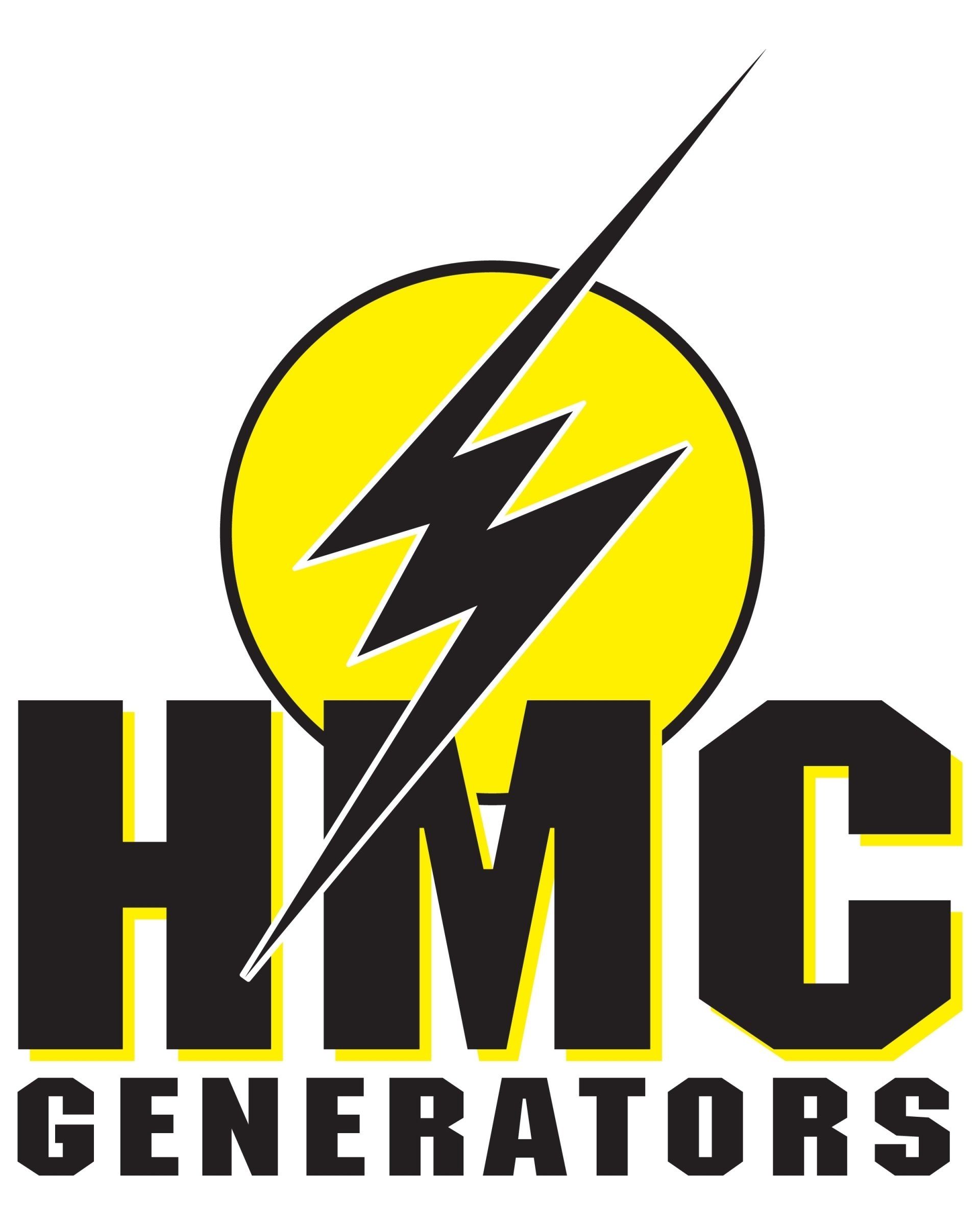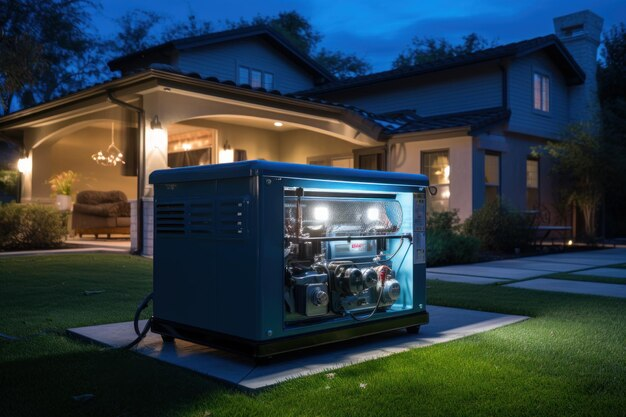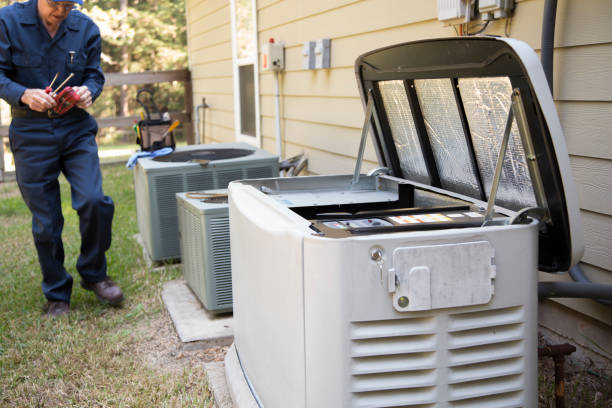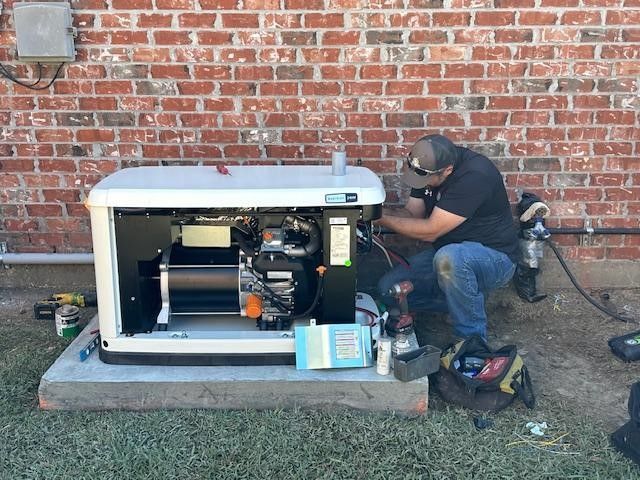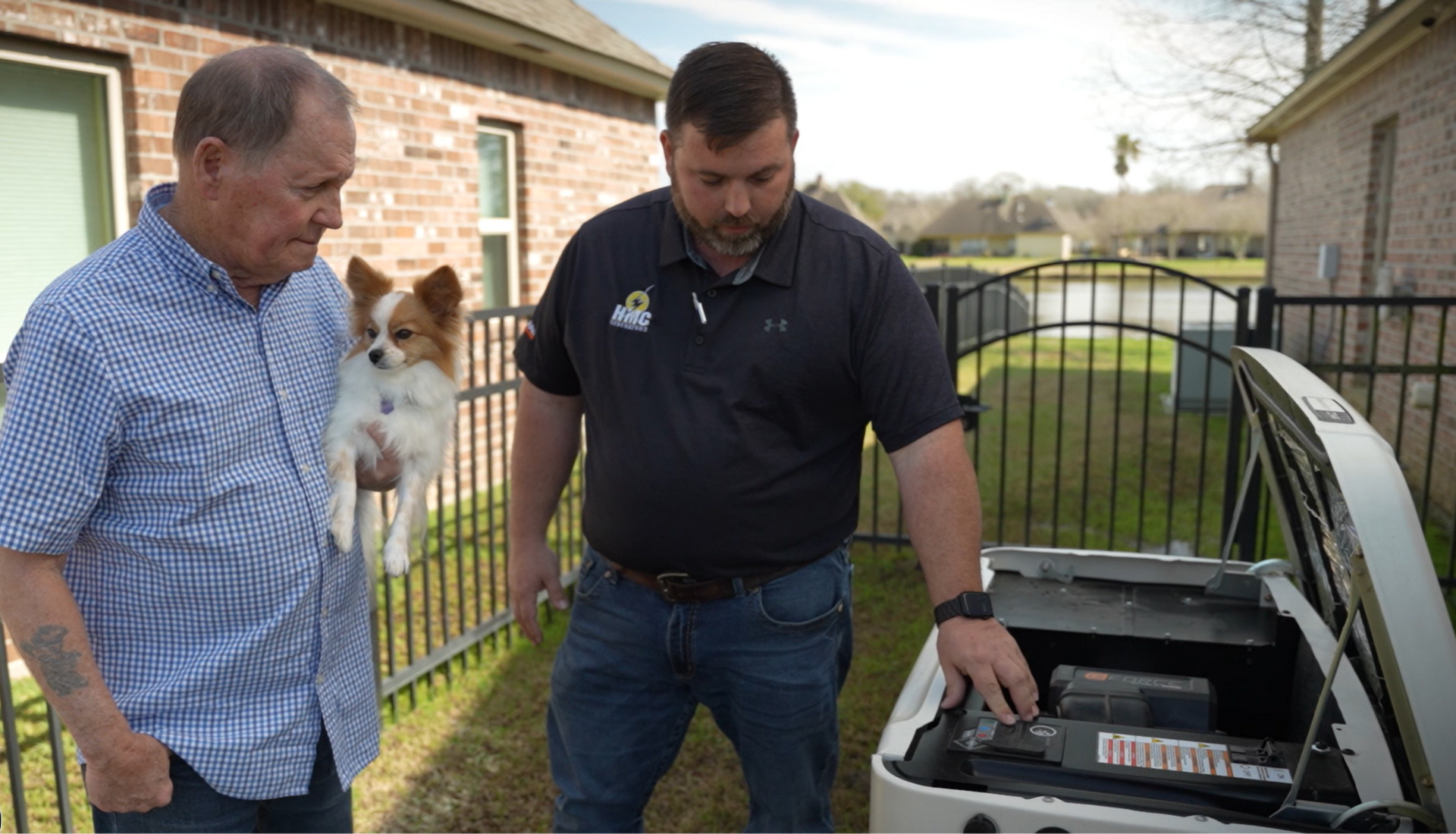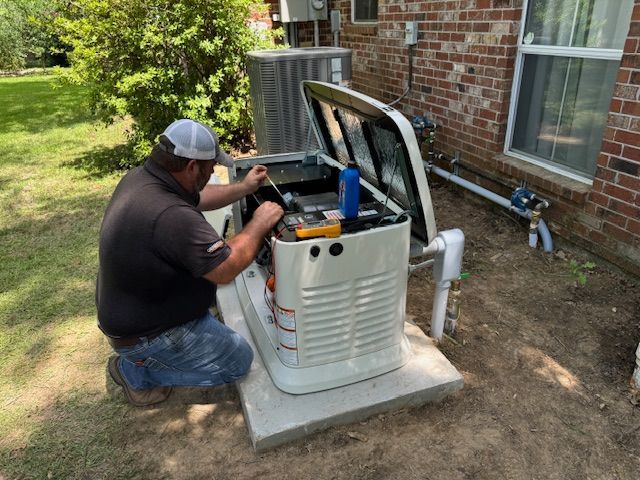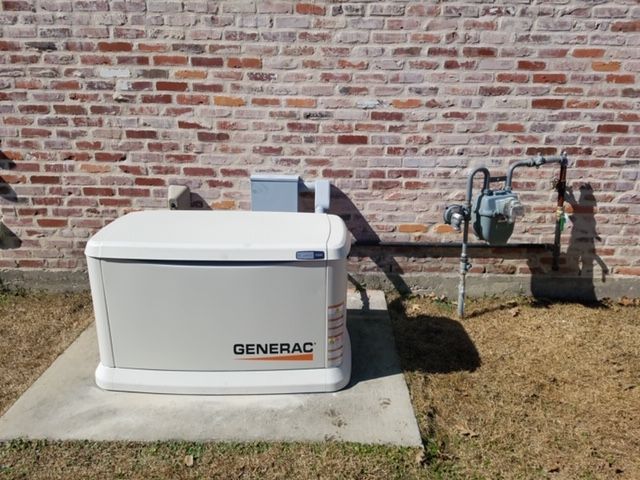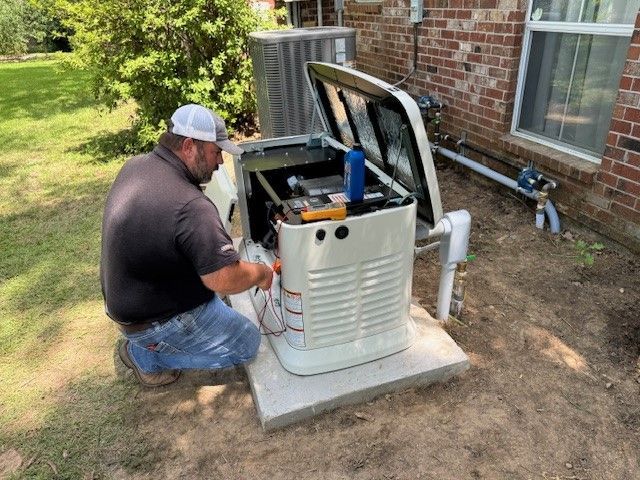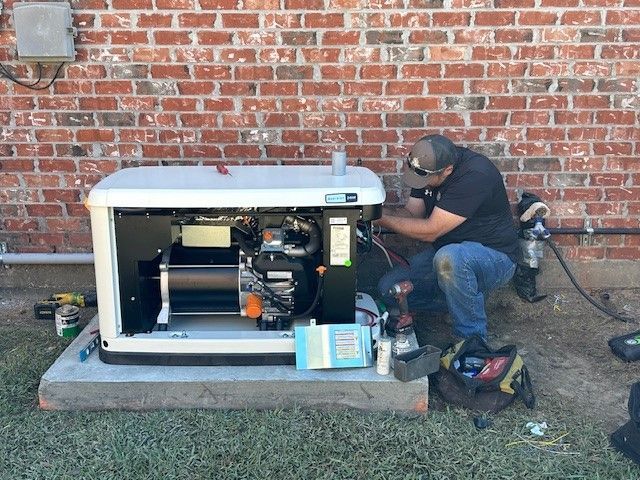Emergency vs Standby Generator: What’s The Difference?
January 1, 2025
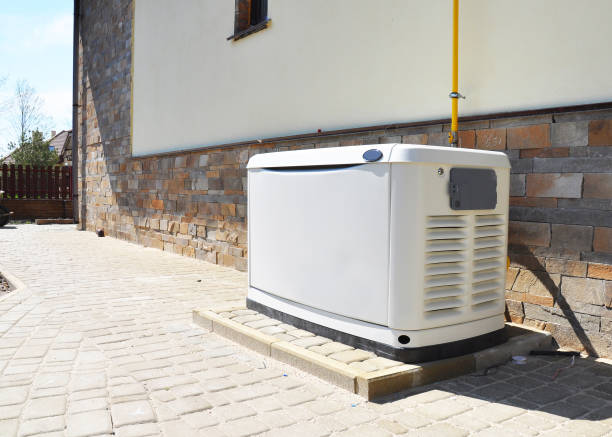
Understanding the differences between emergency and standby generators is crucial for selecting the right backup power solution for your needs. Both types of generators serve to provide electricity during power outages, but they are designed for different applications and have distinct operational characteristics. Let's explore the distinction between an emergency generator and a standby generator, finding out which one works best for your needs.
What is an Emergency Generator
An emergency generator is specifically engineered to provide immediate power to critical systems during a power failure. According to the National Fire Protection Association (NFPA) standards, these generators are categorized as Level 1 emergency power systems. They are required in facilities where life safety is paramount, such as hospitals, theaters, and high-occupancy buildings.
Emergency generators typically start within 10 seconds of a power outage, ensuring that essential services like fire alarms, emergency lighting, and medical equipment remain operational. They can run on various fuel sources, including diesel, propane, or natural gas, stored on-site or delivered as needed. This quick response time makes them indispensable in situations where every second counts.
What is a Standby Generator?
In contrast, a standby generator is classified as a Level 2 system under NFPA guidelines. While still important, these generators are not critical to life safety. They are designed to provide backup power for less urgent applications and can take up to 60 seconds to switch on after a power loss. This delay is acceptable for systems that do not directly impact human safety but are essential for maintaining operational continuity.
Standby generators often share wiring with general electrical systems, making them more versatile in installation. They are commonly used for heating systems, ventilation, lighting, and refrigeration. Although they may support some medical devices, their primary function is to ensure that non-critical operations can continue without interruption.
Choosing the Right Generator
Consider your facility's specific needs when deciding between an emergency and standby generator. An emergency generator
is essential if you operate in an environment where life safety is at risk—such as healthcare or public venues. Conversely, a standby generator may suffice if you focus on maintaining business operations without immediate threats to life.
Stay Prepared for Any Outage
For expert guidance on selecting and maintaining your generator system, contact HMC Generators today. Our team is ready to help you ensure you have the right backup power
solution tailored to your needs.
